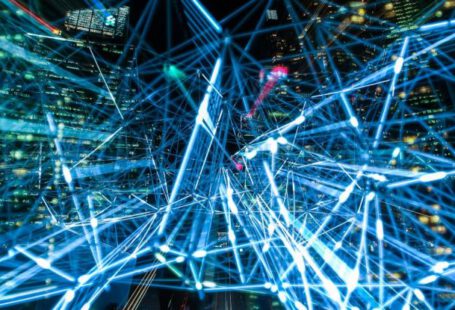Drones have revolutionized many industries, and agriculture is no exception. These unmanned aerial vehicles are transforming the way farming is done, offering farmers innovative solutions to increase efficiency, productivity, and sustainability. With their ability to collect vast amounts of data quickly and accurately, drones are reshaping the agricultural landscape. Let’s delve into how drones are transforming agriculture and farming.
**Precision Agriculture**
One of the most significant impacts drones have had on agriculture is in the realm of precision agriculture. Traditionally, farmers would have to rely on manual methods or satellite imagery for assessing crop health and monitoring fields. Drones equipped with high-resolution cameras and sensors can provide real-time data on crop health, soil conditions, water distribution, and pest infestations. This data allows farmers to make informed decisions on where to apply fertilizers, pesticides, and water, leading to more efficient resource management and increased yields.
**Crop Monitoring and Management**
Drones enable farmers to monitor their crops more effectively and efficiently than ever before. By flying over fields and capturing images and data, drones can identify areas of stress, disease, or nutrient deficiencies that may not be visible to the naked eye. This information allows farmers to take timely action to address issues before they impact the entire crop, ultimately improving overall crop health and yield.
**Irrigation Management**
Water is a precious resource in agriculture, and efficient irrigation is crucial for maximizing crop productivity while conserving water. Drones equipped with thermal sensors can assess the moisture levels in soil and identify areas that require more or less water. By providing detailed insights into crop water requirements, drones help farmers optimize their irrigation practices, leading to water savings and improved crop quality.
**Crop Spraying**
Another significant application of drones in agriculture is crop spraying. Drones can be equipped with sprayers that allow for precise and targeted application of fertilizers, pesticides, and herbicides. Unlike traditional crop dusters or ground-based spraying equipment, drones can navigate fields with precision, reducing chemical wastage and minimizing the impact on the environment. The ability to spray crops from the air also makes it safer and more efficient for farmers to treat their fields.
**Livestock Monitoring**
Drones are not limited to crop management; they can also be used for monitoring livestock. By flying over pastures or corrals, drones can provide farmers with valuable insights into the health and behavior of their animals. They can help identify sick or injured livestock, locate missing animals, and assess the condition of grazing areas. This real-time monitoring enables farmers to take proactive measures to ensure the well-being of their livestock and optimize their farming practices.
**Challenges and Future Outlook**
While drones offer numerous benefits to the agricultural sector, there are challenges that need to be addressed. Issues such as regulatory restrictions, privacy concerns, and the cost of acquiring and maintaining drone technology can hinder widespread adoption. However, as technology continues to advance and regulations evolve, the use of drones in agriculture is expected to grow.
**Looking Ahead**
As drones continue to evolve and become more sophisticated, their role in agriculture will likely expand. From autonomous drones that can operate without human intervention to drones equipped with advanced sensors and AI capabilities, the future of agriculture is poised to be increasingly driven by drone technology. By embracing these innovative tools, farmers can enhance their decision-making processes, increase productivity, and contribute to a more sustainable and efficient agricultural industry.
In conclusion, drones are transforming agriculture and farming by providing farmers with valuable data, insights, and tools to optimize their operations. From precision agriculture and crop monitoring to irrigation management and livestock monitoring, drones are revolutionizing the way farming is done. As technology advances and barriers are overcome, the integration of drones into agriculture is set to bring about significant benefits for farmers, the environment, and the global food supply.





